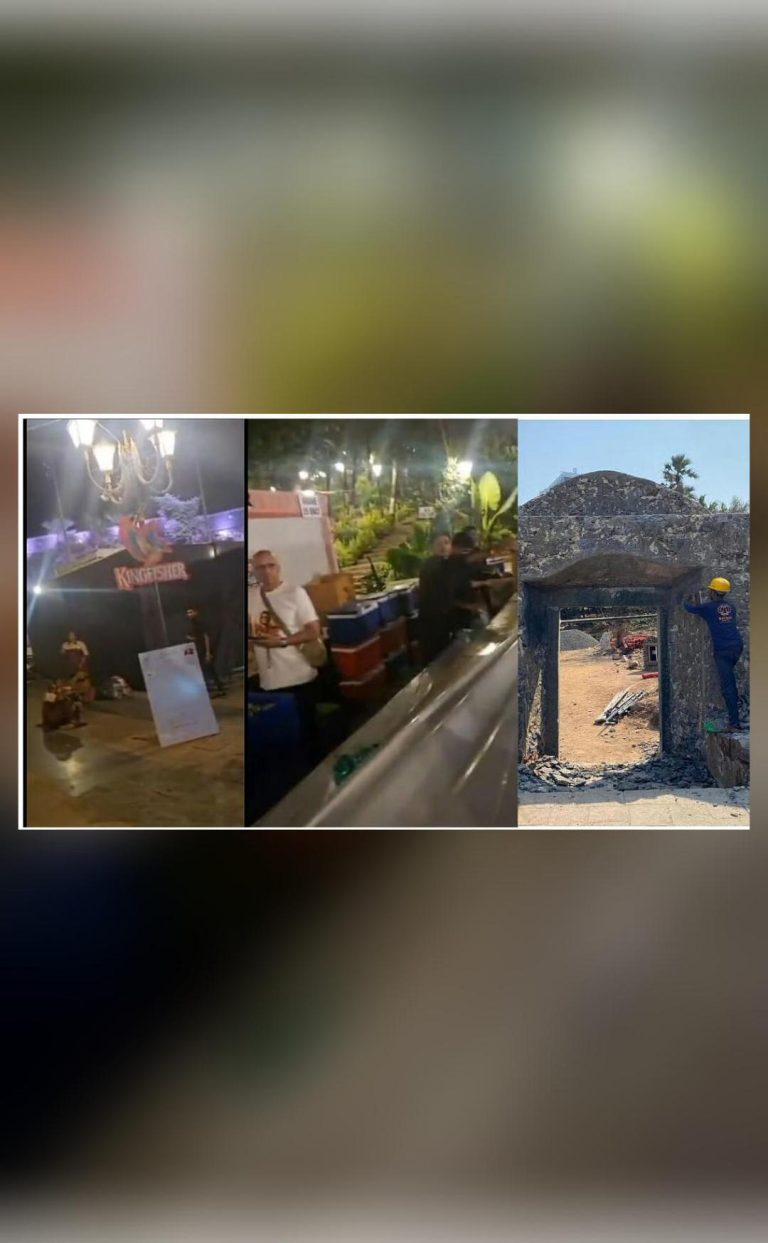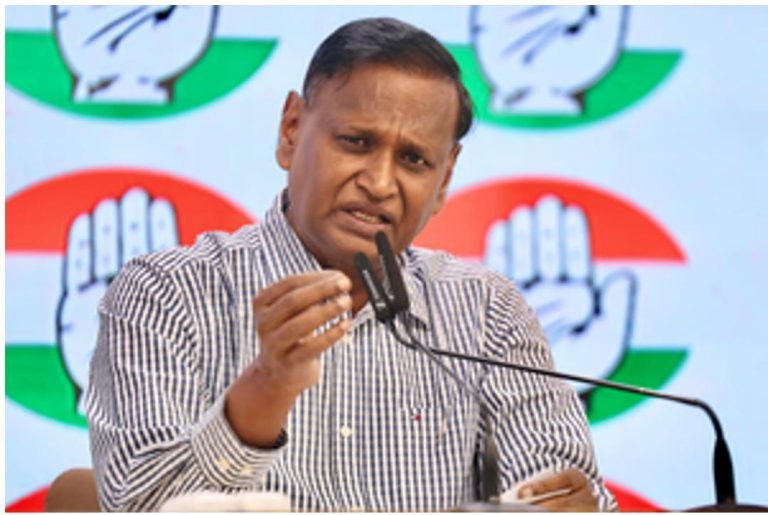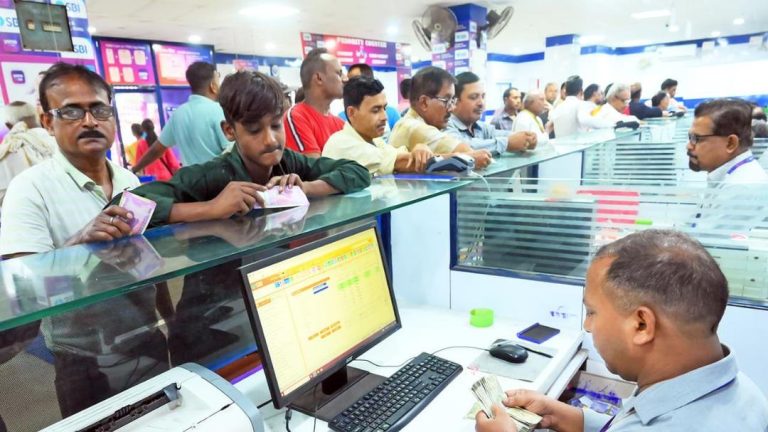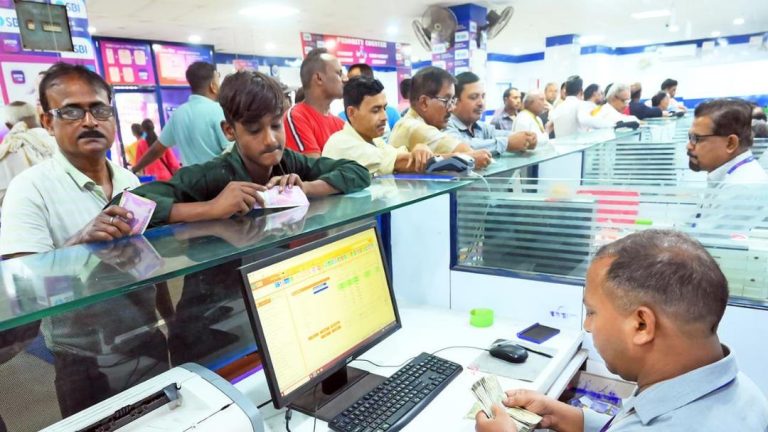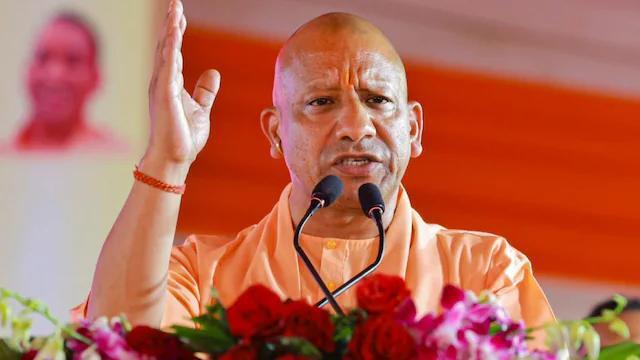
Forced to Name Yogi Adityanath in Malegaon Blast Case, Was Tortured, Claims Witness
The trial of the Malegaon blast case, which took place in 2008, has finally come to an end with the acquittal of all seven accused. However, the investigation and trial of the case have been marred by allegations of torture and forced confessions. One of the witnesses in the case has now come forward to claim that he was tortured by officers of the Maharashtra Anti-Terrorism Squad (ATS) and forced to name Yogi Adityanath, the current Chief Minister of Uttar Pradesh, in connection with the blast.
According to the witness, he was arrested by the ATS in 2008 and was subjected to severe physical torture to extract a confession from him. He was allegedly beaten, kicked, and electrocuted, and was also subjected to psychological torture. The witness claims that the officers told him that if he named Yogi Adityanath, he would be let go and would not be charged with any crime.
The witness’s claims have raised serious questions about the conduct of the ATS officers and the investigation into the Malegaon blast case. The case has been marked by allegations of forced confessions and torture, and the acquittal of all seven accused has only added to the controversy.
The Malegaon blast took place on September 29, 2008, at a mosque in Malegaon, a town in Nashik district of Maharashtra. The blast killed 37 people and injured many more. The investigation into the blast was initially handled by the local police, but it was later taken over by the ATS.
The case was marked by a series of alleged forced confessions and arrests, with many of the accused claiming that they were subjected to torture and coercion to extract confessions from them. The case also saw the arrest of several high-profile individuals, including Colonel Shrikant Purohit, a serving officer in the Indian Army, and Sadhvi Pragya Singh Thakur, a Hindu religious leader.
The witness who has come forward to claim that he was tortured and forced to name Yogi Adityanath is a key witness in the case. He was arrested by the ATS in 2008 and was allegedly subjected to severe physical and psychological torture to extract a confession from him. The witness claims that the officers told him that if he named Yogi Adityanath, he would be let go and would not be charged with any crime.
The witness’s claims have been corroborated by other witnesses in the case, who have also alleged that they were subjected to torture and coercion by the ATS officers. The case has been marked by allegations of forced confessions and torture, and the acquittal of all seven accused has only added to the controversy.
The acquittal of all seven accused has raised questions about the conduct of the ATS officers and the investigation into the Malegaon blast case. The case has been marked by allegations of forced confessions and torture, and the acquittal of all seven accused has only added to the controversy.
The Maharashtra government has ordered an inquiry into the allegations of torture and forced confessions in the case, and the police have promised to take action against any officers found to be guilty of misconduct. However, the case has also highlighted the need for greater accountability and transparency in the investigation and trial of cases involving allegations of torture and human rights violations.
In conclusion, the case of the Malegaon blast has been marked by allegations of torture and forced confessions, and the acquittal of all seven accused has only added to the controversy. The witness who has come forward to claim that he was tortured and forced to name Yogi Adityanath is just one example of the many individuals who have been subjected to torture and coercion in the case. The case has highlighted the need for greater accountability and transparency in the investigation and trial of cases involving allegations of torture and human rights violations.
Source: https://repository.inshorts.com/articles/en/PTI/3f713fd9-1eec-4a4b-aeba-dc63cae3bbe4

